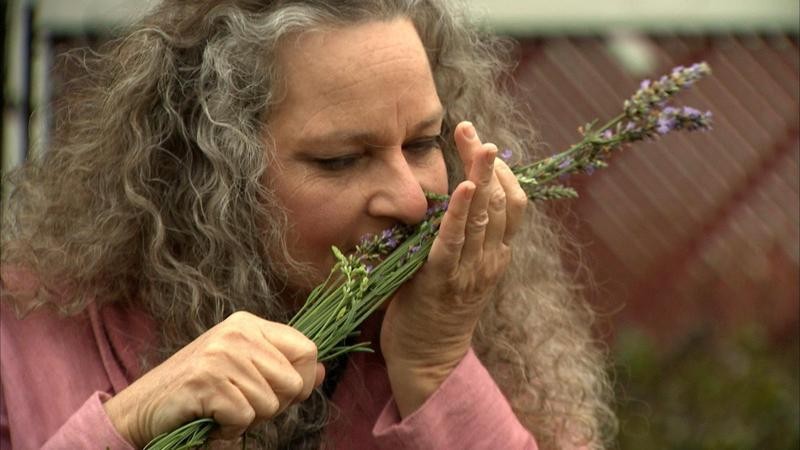All photos by the author.
When I returned home from overseas, leaving a marriage behind, I settled with my mom and stepfather until I could figure out what to do. They live in Dallas, West Virginia, a tiny, unincorporated town that sits atop a ridge in Marshall County. Not long after, I became pregnant, and my stay in Dallas extended. During the two years my husband, daughter and I lived with family, we had generous help, including from a neighbor, Ann Supler, who cared for baby Olivia a few hours each week. Ann would walk to the house, rock Olivia and sing church songs like “Jesus Loves Me.” Having her help allowed me uninterrupted time to put towards establishing a photography business in 2006.
Once we were on our feet, we found our own home 20 minutes away in the big city of Wheeling, population 25,000. Ann stayed in Dallas, where she was born and had always lived.
Years passed and I found that Ann was taking care of someone new — her husband. I had begun to pursue small self-assigned stories. I asked Ann and Ed if they would allow me to spend a couple of days documenting them.
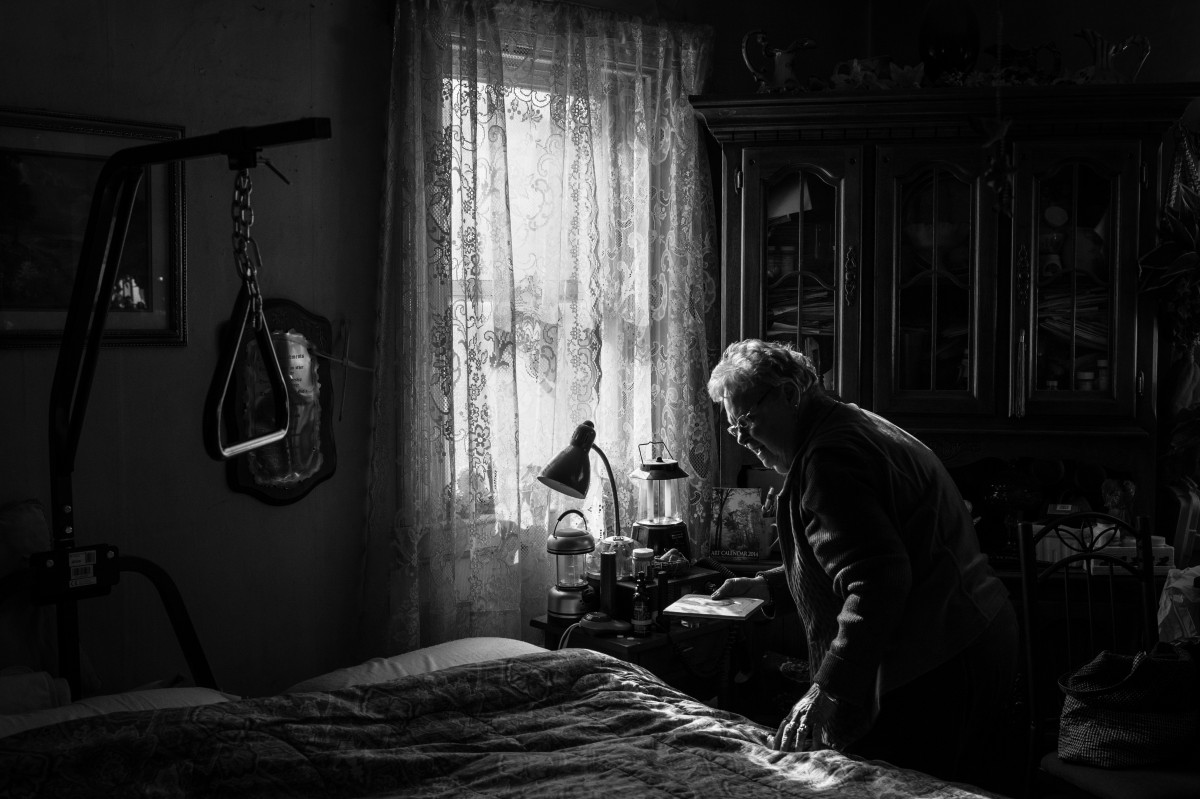
Ann and Ed live in what used to be the parsonage of the Presbyterian Church, which sits adjacent to their home. Two of the first things Ann showed me were a Bible that had been passed through generations and the current passage she was reading from The Upper Room. This scripture was underlined:
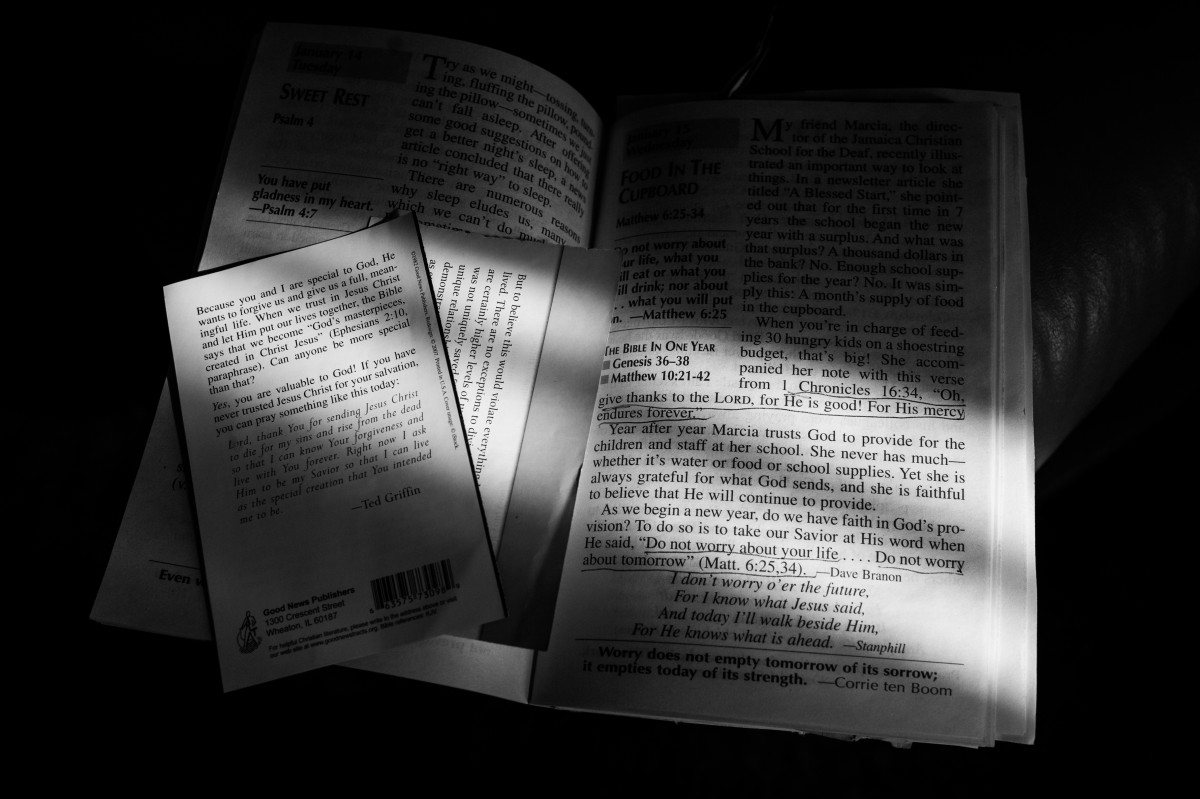
“Oh, give thanks to the LORD, for He is good? For His mercy endures forever.” (Chronicles 16:34)
and
“Do not worry about your life … Do not worry about tomorrow” (Matthew, 6:25, 34)
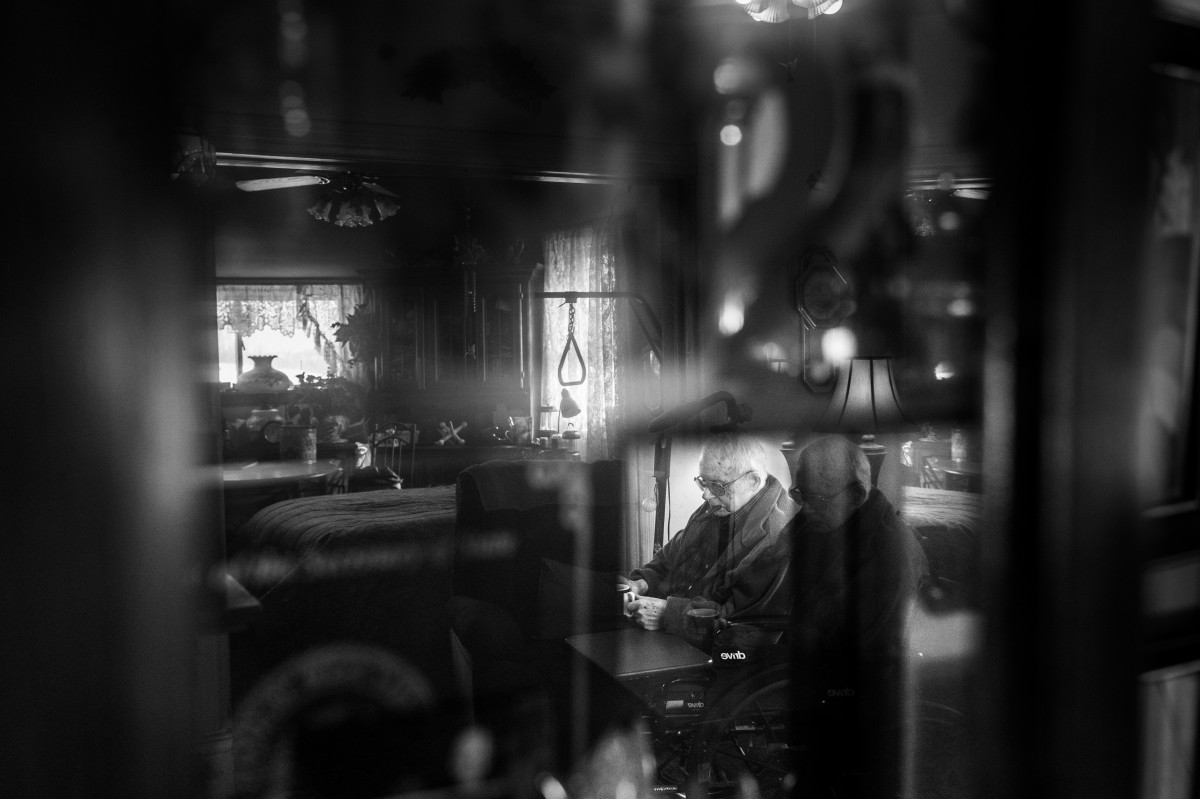
Ed had not been well for quite some time. Decades ago, when Dallas was a thriving town, Ed helped run Kimmin’s General, a store Ann’s family had owned. However, business slowed and it eventually closed, Ed took a job as a maintenance man with Ogden Newspapers. He steadfastly worked nights for 35 years and never made more than minimum wage.
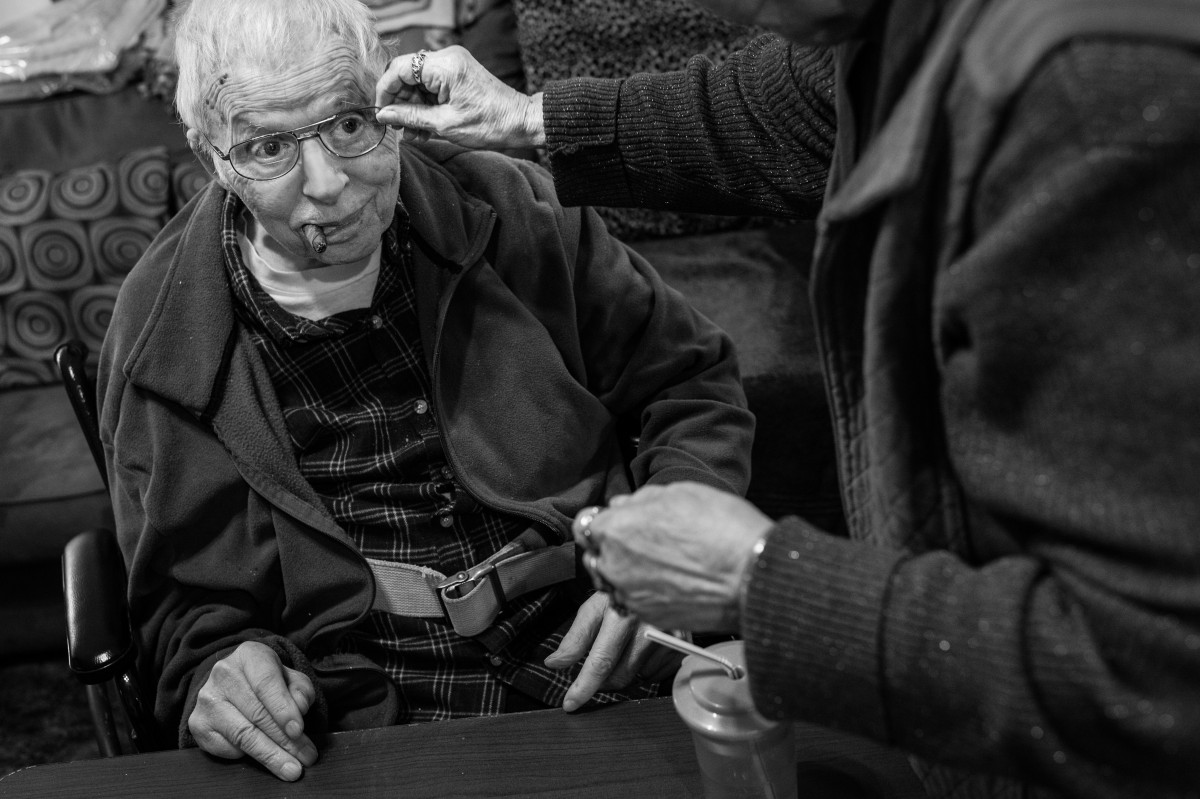
Ed was wheelchair bound, so Ann found a way to make their entire lives happen on the first floor. She attended to his every need — preparing meals, delivering medicine in a timely manner, and helping him in and out of bed so he could spend his days in the living room watching Westerns and television shows of times gone by.
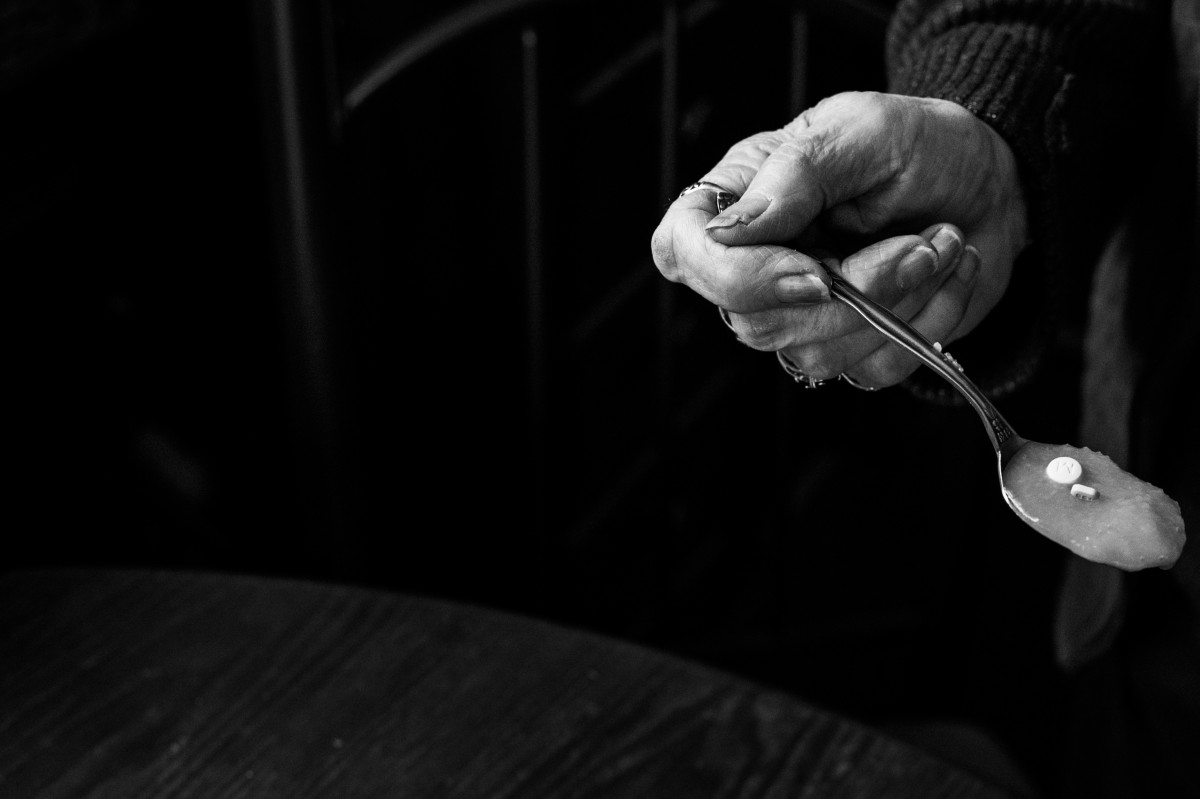
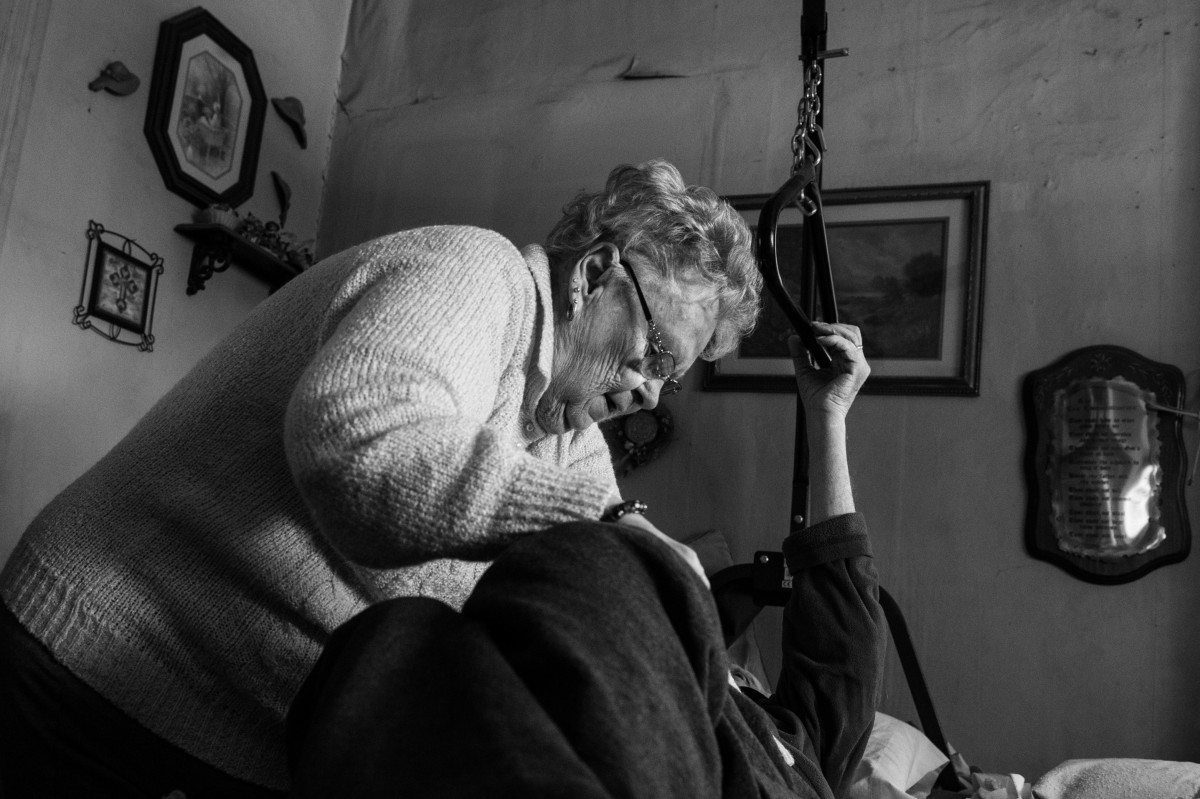
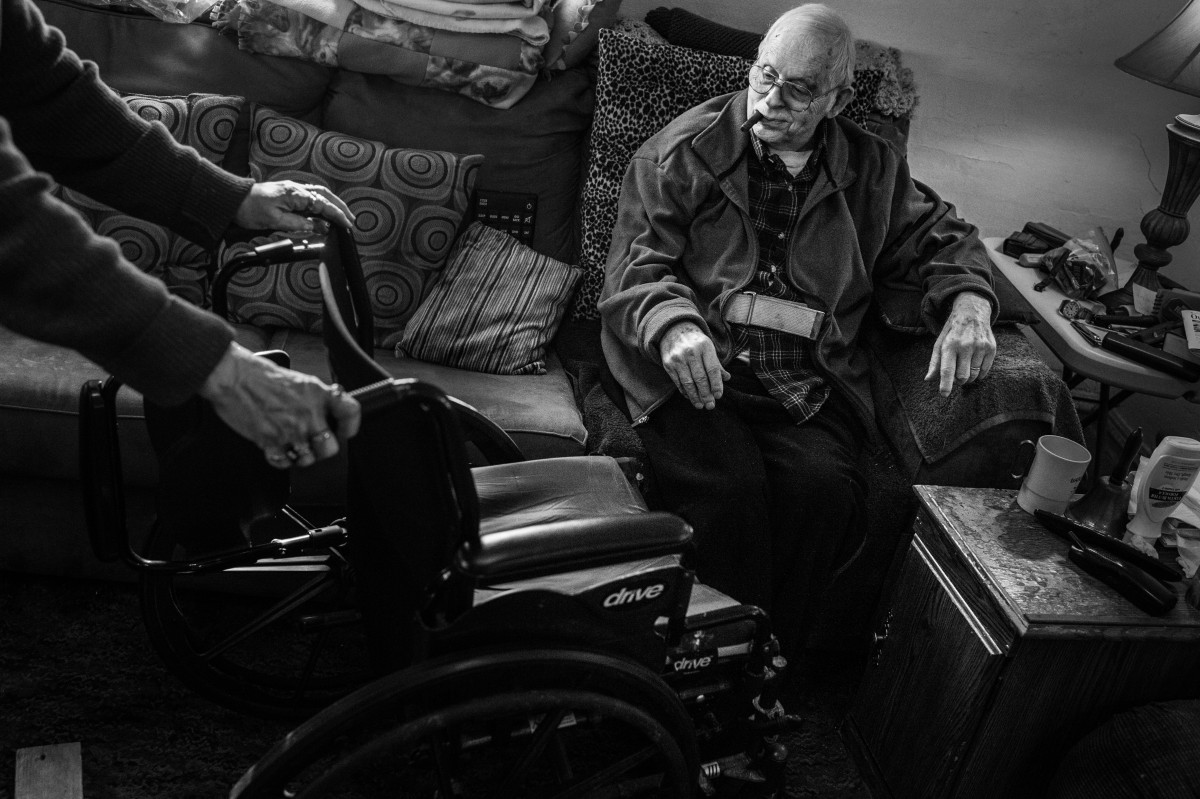
I had always been fascinated by Ed because of his cigar habit. Ed didn’t smoke cigars, he ate them. The only time there wasn’t a cigar in his mouth was when he was kissing Ann or eating a meal.
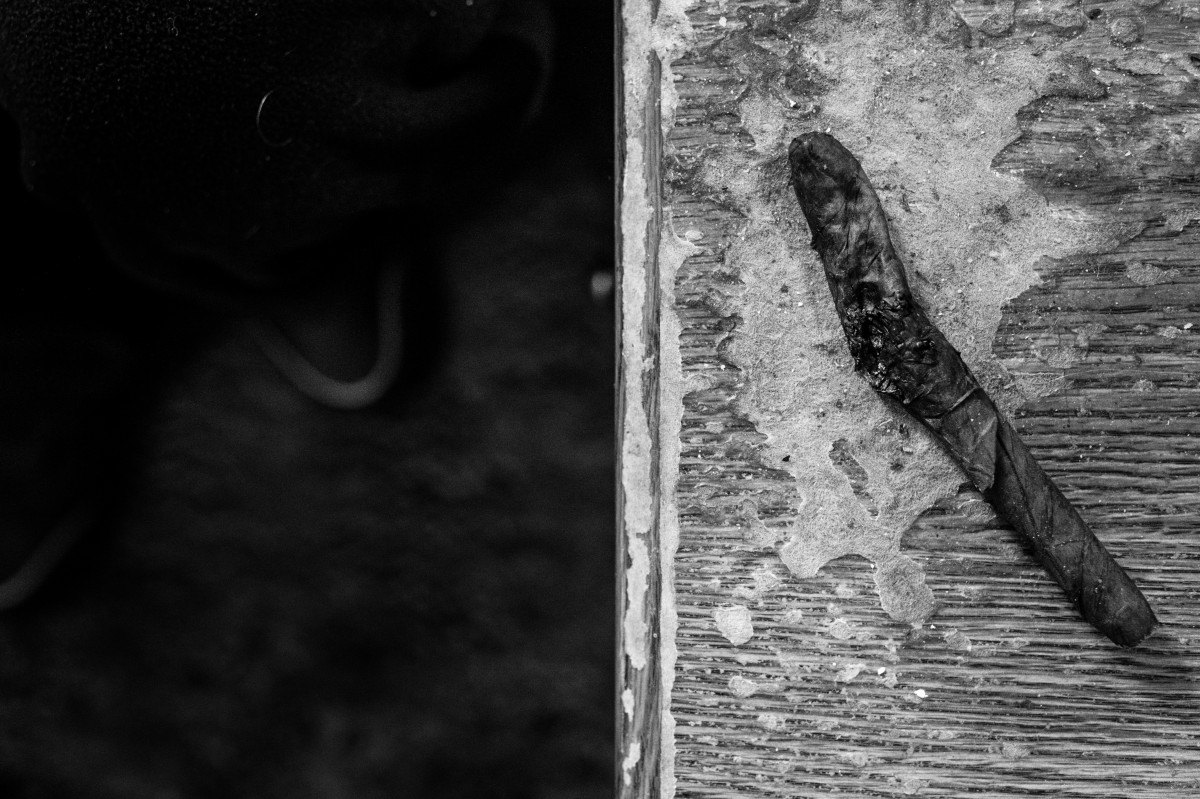
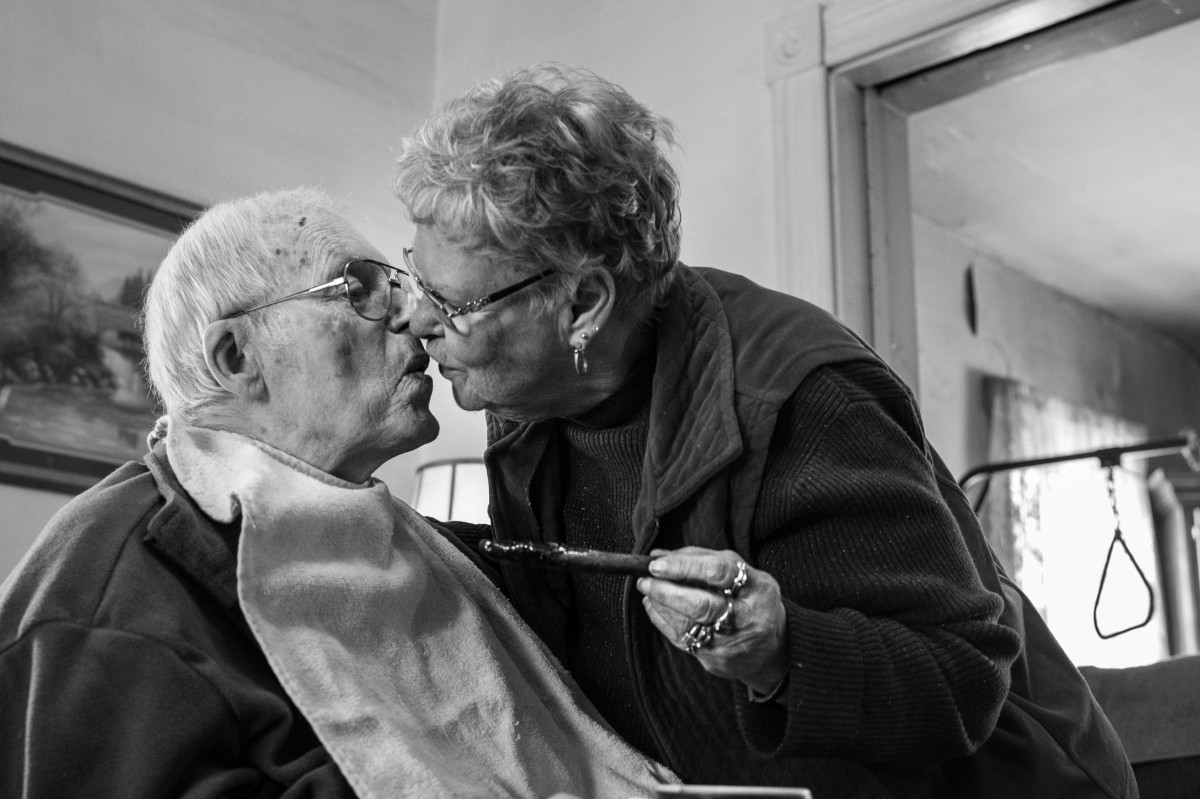
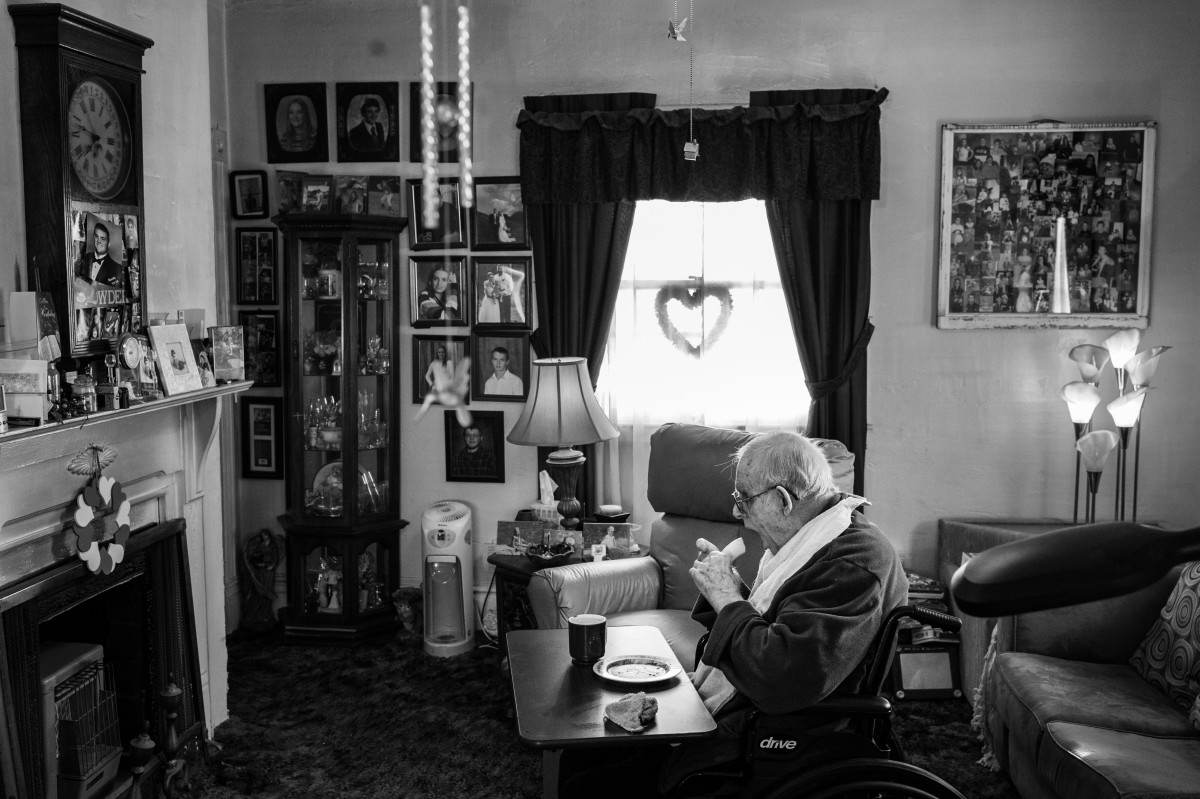
Like so many women, Ann put Ed before herself, neglecting her own needs. She would wait to eat only after he had been fed, even though she struggled with her own health challenges like diabetes.
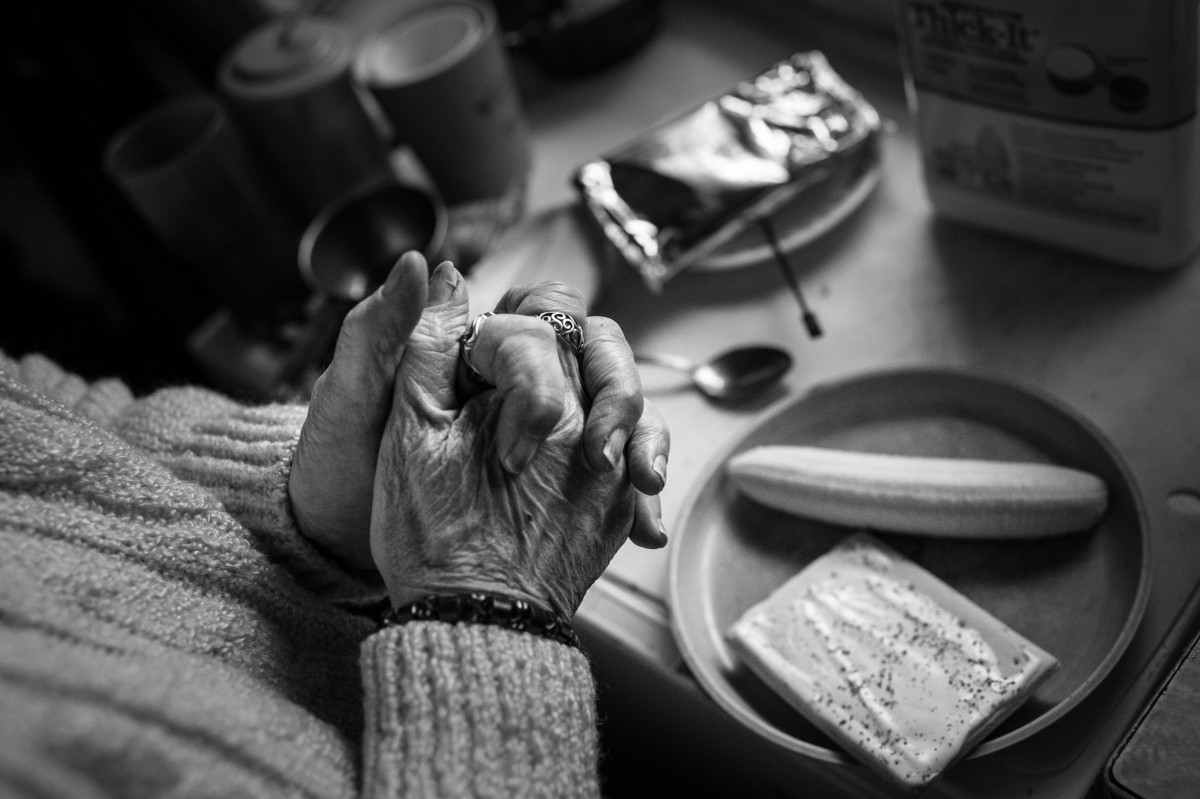
I never saw Ann and Ed argue, though things were tense when Ann failed to get Ed to the bathroom on time. Even then, more than anger, they seemed to grieve about the portions of their lives they could not control any longer because of age and sickness.
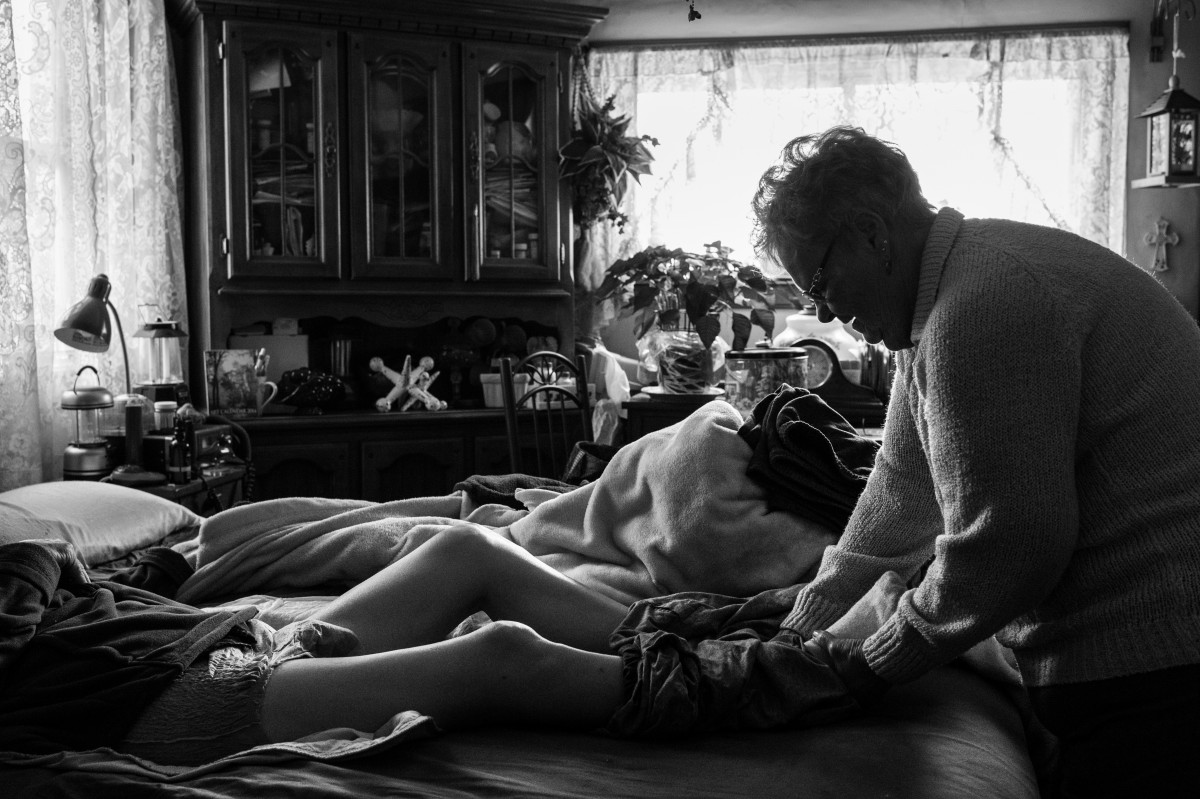
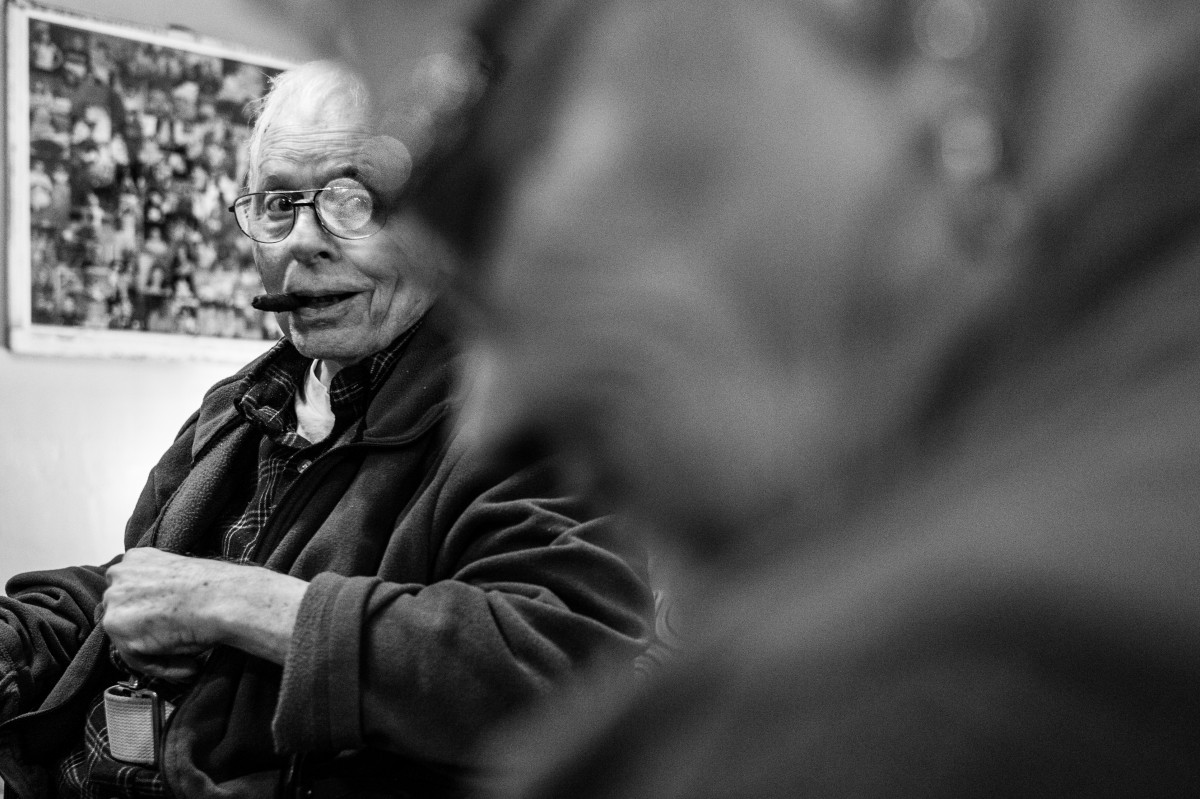
Still, Ann would give Ed her rapt attention when he would speak, though he was a man of few words.
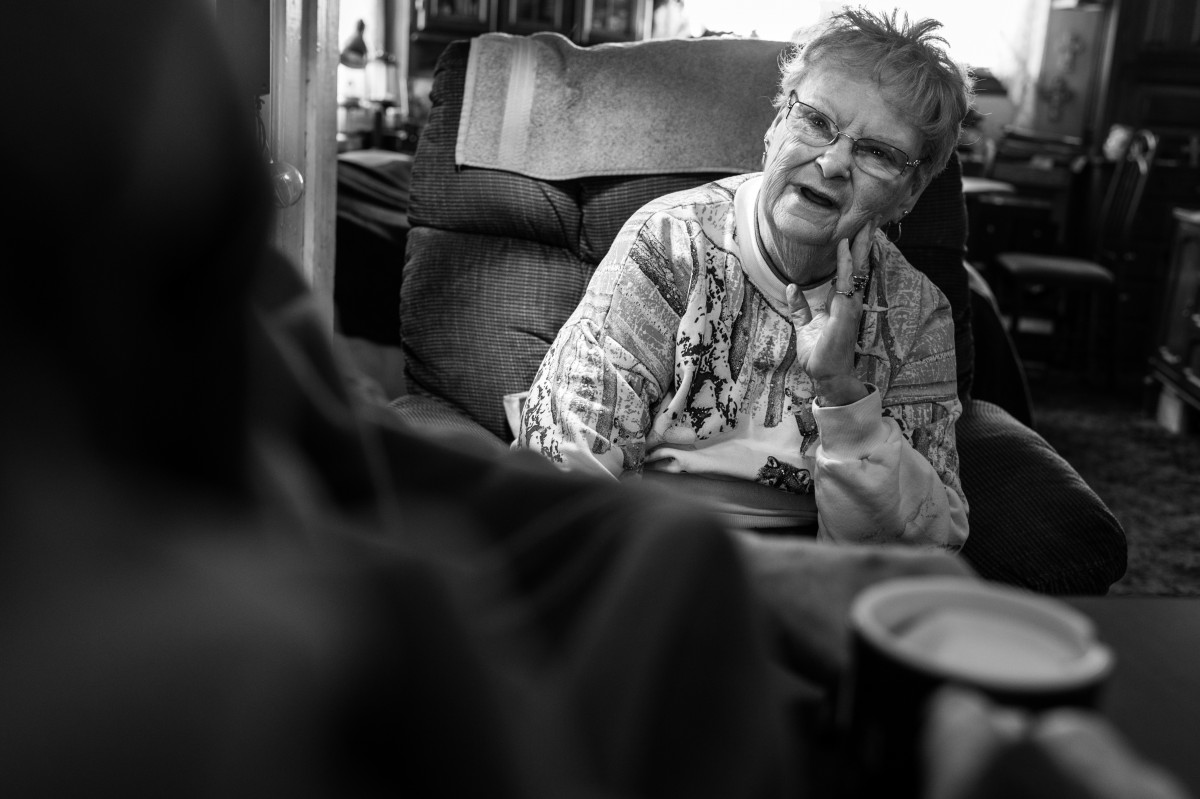
Like many people in small rural towns around the country, Ann rarely traveled far from home. That’s a privilege and a great expense. Under these circumstances, Ann rarely left Ed, except to smoke a cigarette on her porch or go to church on Sunday.
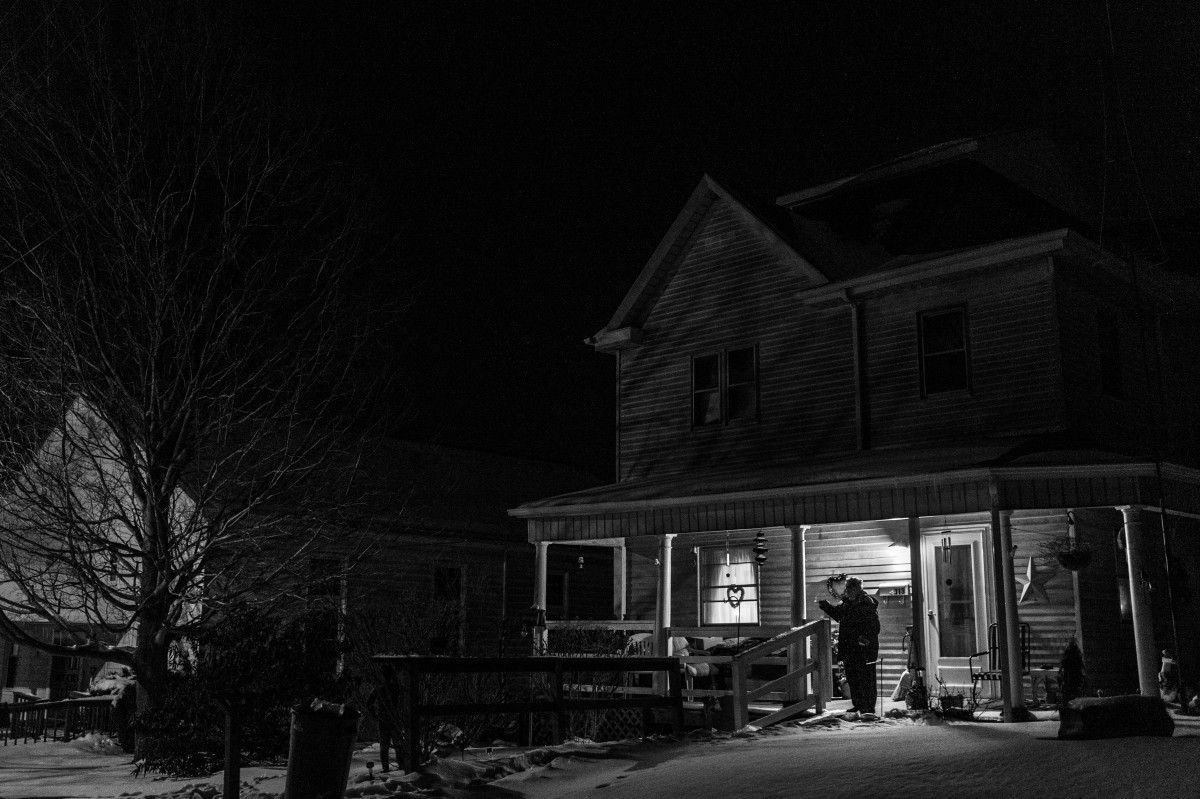
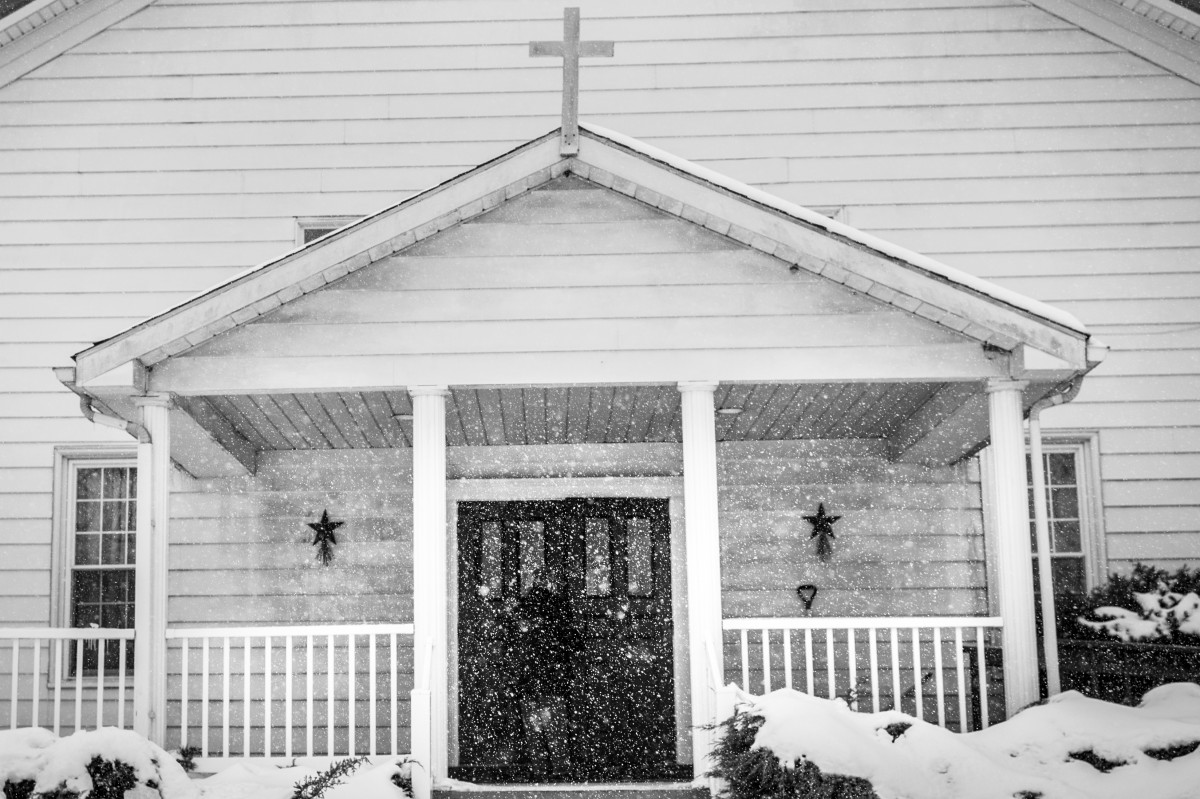
Ann helped Ed live comfortably at home for as long as she could. He passed away in 2015, leaving behind three children, eight grandchildren, four great-grandchildren and two sisters.
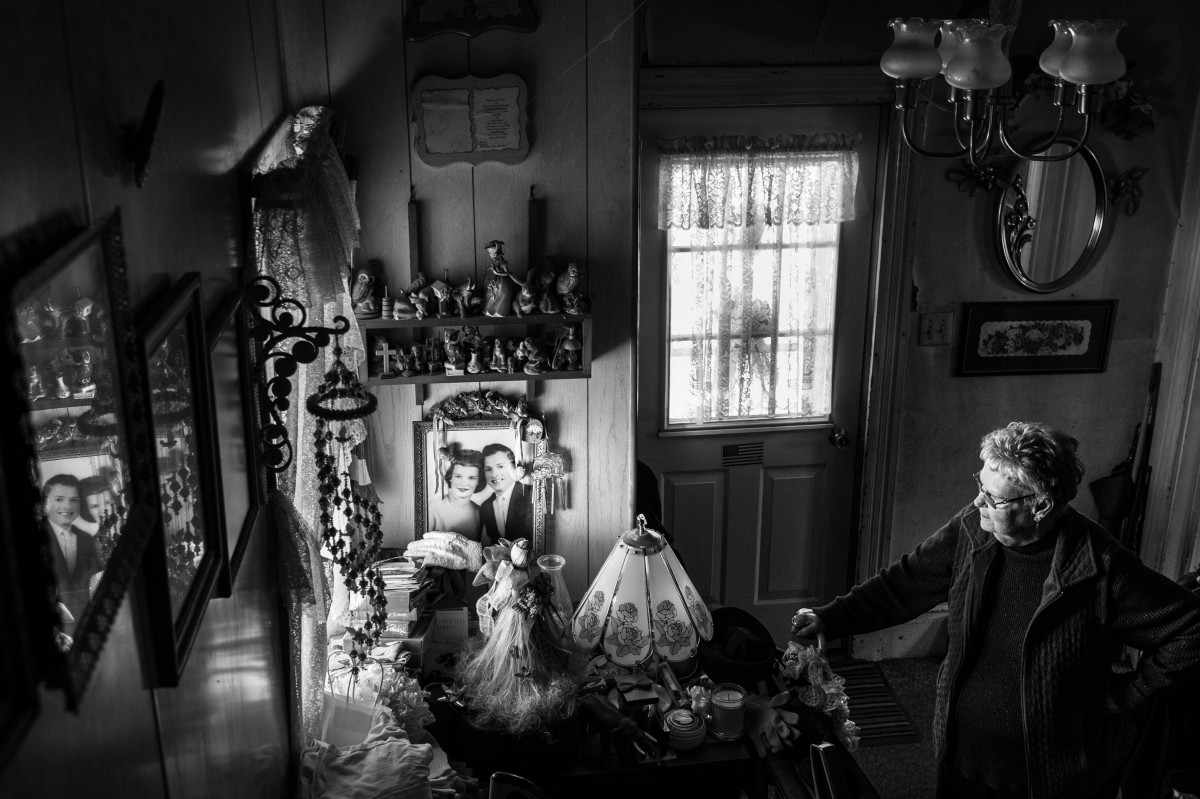
Ann, who was his devoted wife for 56 years, continues on in their home in Dallas, West Virginia.
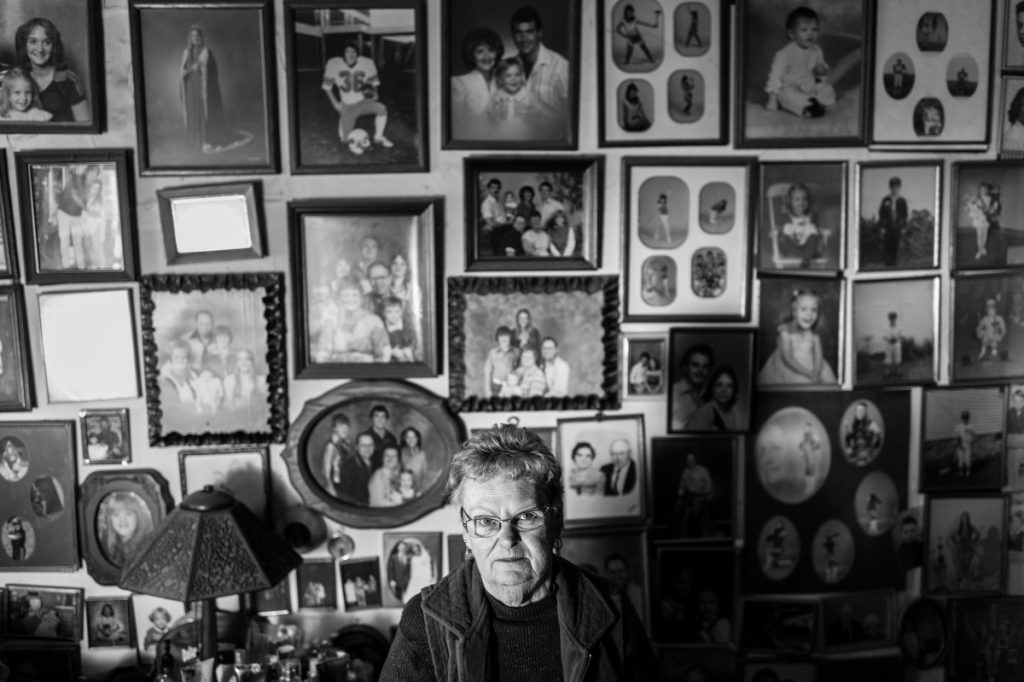
Rebecca Kiger (@rebecca_kiger) is a documentary photographer from Appalachia, where she lives and primarily works. She earned BAs from Hampshire College and UMass in Photography, Education, Spanish and Latin American Studies. After living in the Dominican Republic for two years, she returned to West Virginia and began her career as a full-time photographer. Her clients include Netflix, Landesberg Design, the Children’s Museum of Pittsburgh, and Carnegie Mellon University. When not working on projects or commissions, she enjoys cooking food from around the world and going on adventures with her daughter.


